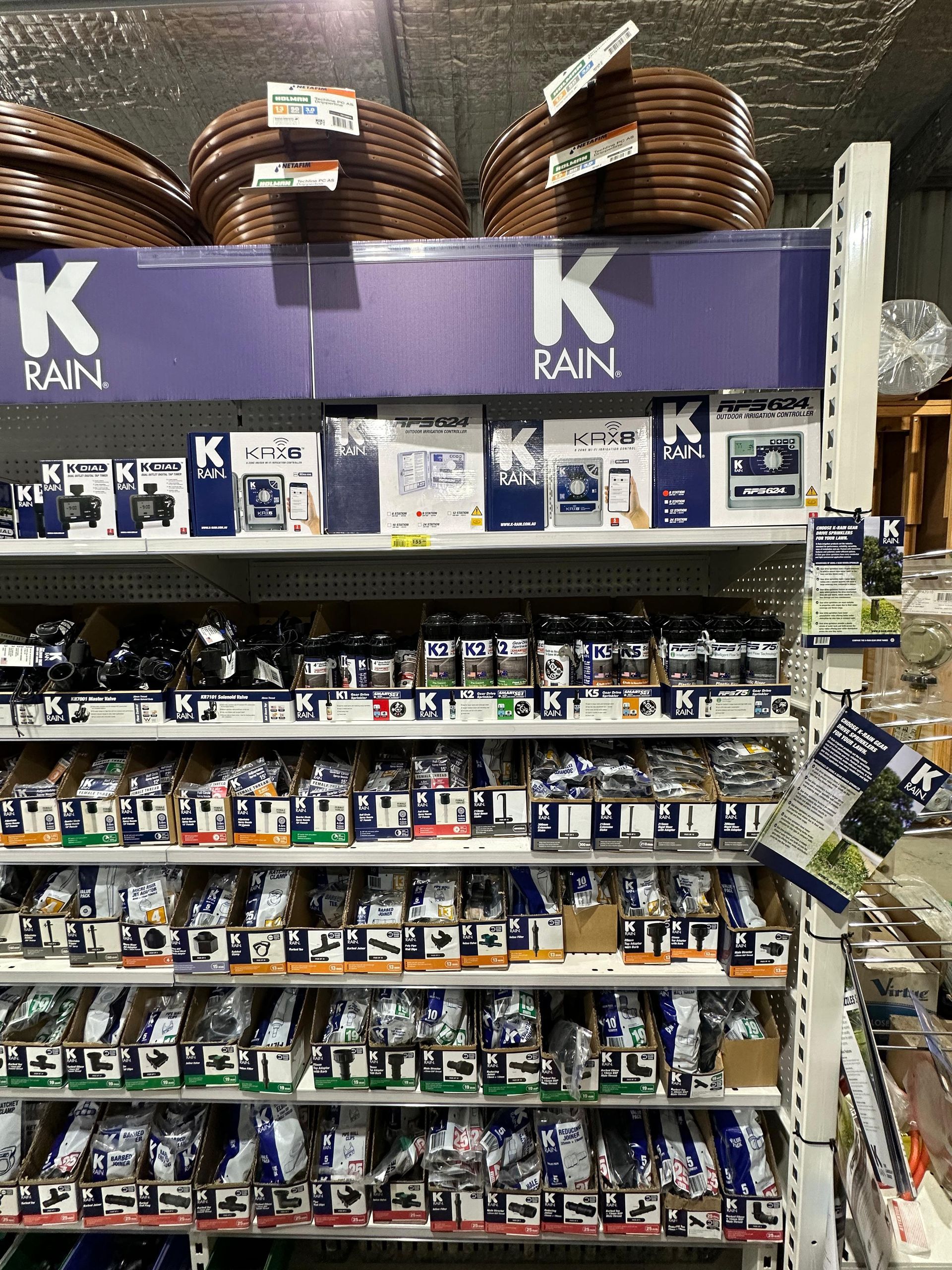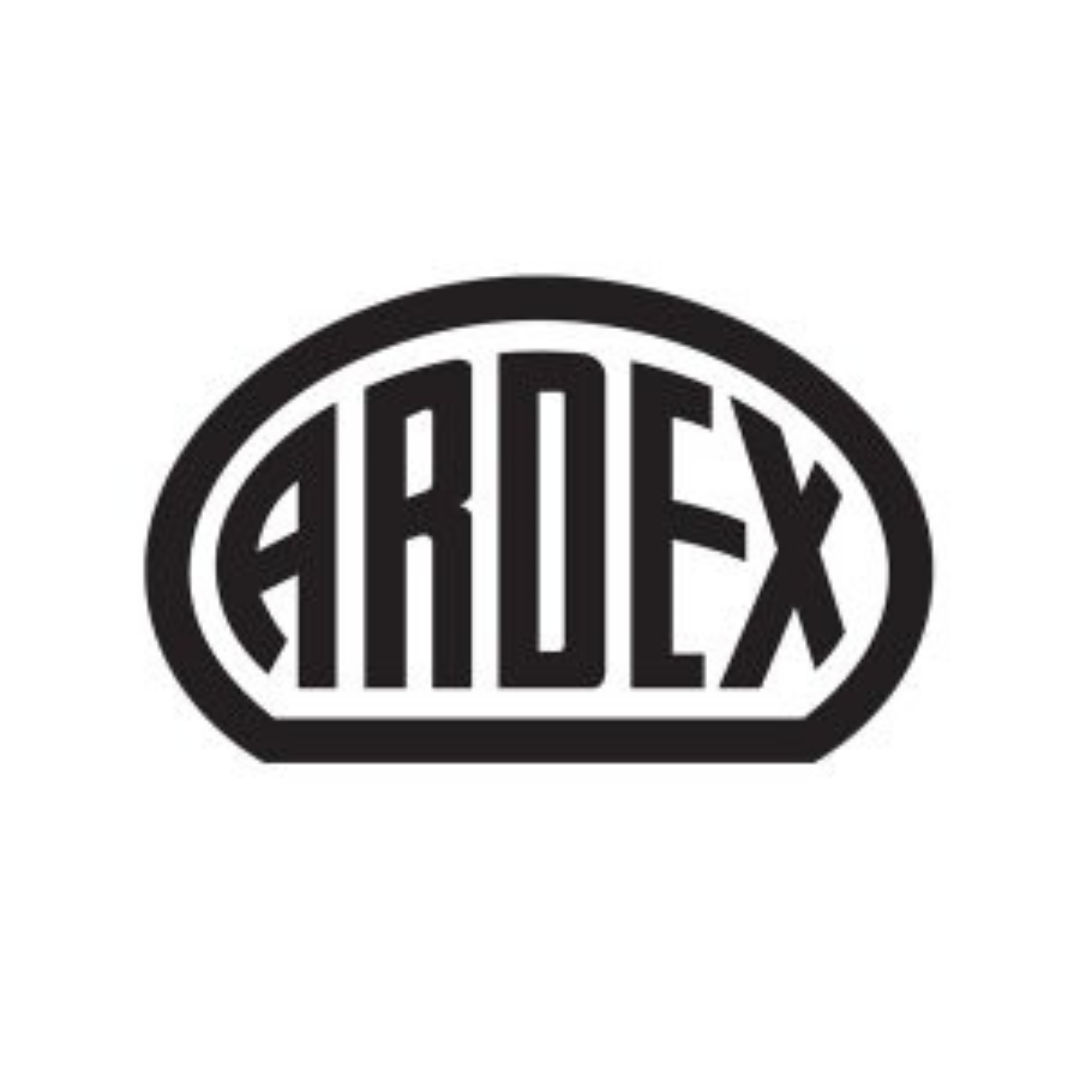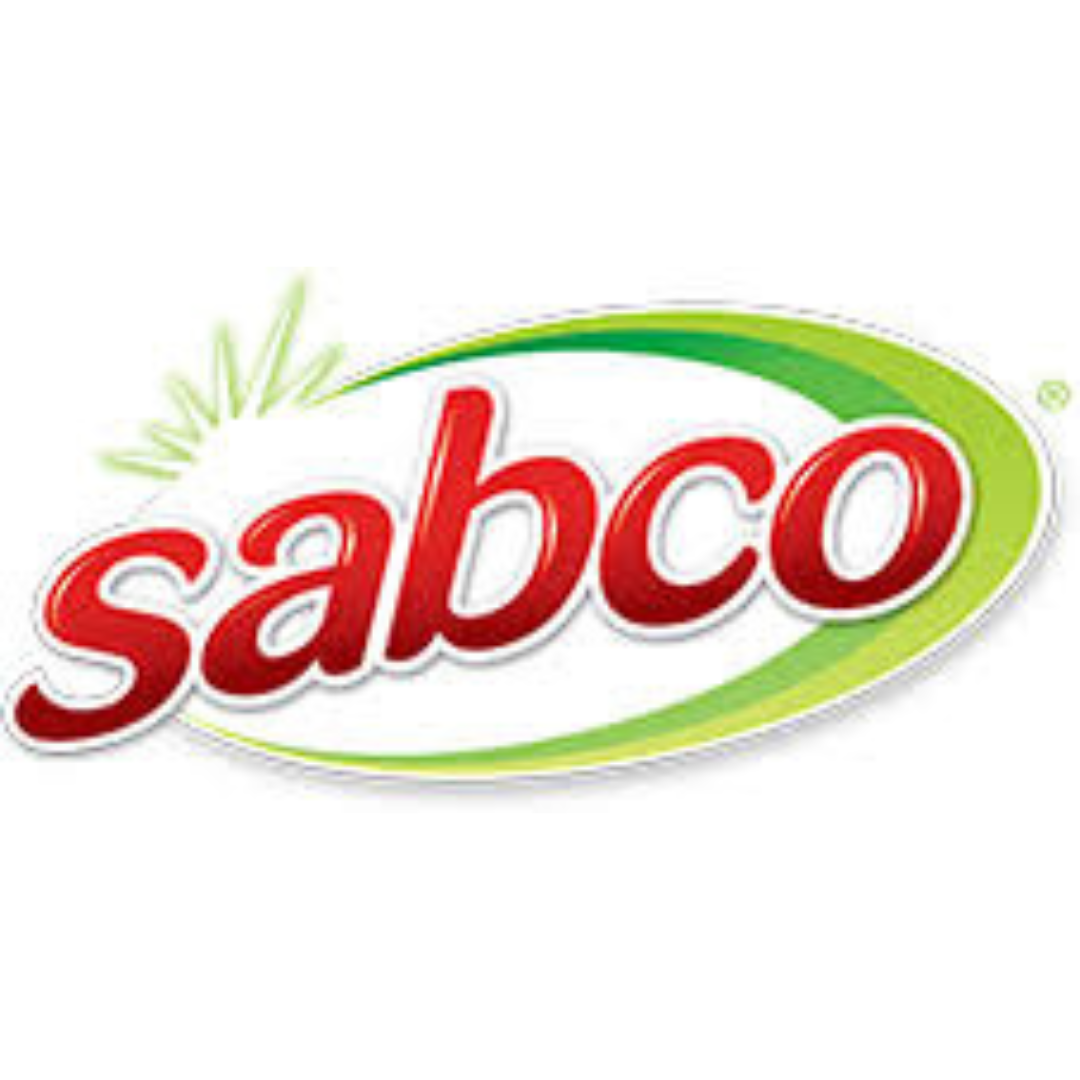Irrigation Supplies on the Mid North Coast
- One-Stop Trade Hub
- Locally Trusted Team
- Competitive Everyday Prices
Request a Callback
Thank you for contacting Laurieton Warehouse.
We will be in touch soon.
Oops, there was an error sending your message.
Please try again later.
Mid North Coast Irrigation Supplies
Keeping a garden green through a Mid North Coast summer can feel like a full-time job—especially when water restrictions or dry spells hit. But with the right irrigation supplies on hand, you can take care of your plants without constantly dragging hoses or second-guessing your watering schedule.
At Laurieton Warehouse on the Mid North Coast, we stock a wide selection of irrigation supplies designed to make watering more efficient and less of a chore. Whether you're building a new system from scratch or improving what you’ve already got, having the right fittings, tap timers, spray heads, drip lines, and connectors can dramatically improve both coverage and water savings.
Our products are suited to local conditions, from compact courtyards to larger lawns and landscaped beds. We make it easier to water the right way—saving time, effort, and money in the long run.
Not sure what you need? Contact us on (02) 6559 9339 and we’ll help you find the right fit.
Practical Watering Solutions for Your Space
Irrigation shouldn’t be complicated—and with the right tools and setup, it really isn’t. The key is choosing irrigation supplies that suit your garden’s size, layout, and watering needs.
For smaller, low-maintenance spaces, a simple combination of a tap timer, soaker hose, and a few quality fittings can keep things green without overthinking it. If you’re working with a larger block, water-hungry plants, or uneven terrain, drip irrigation provides targeted moisture where it’s needed most, cutting down on evaporation and waste.
For expansive lawns, traditional sprinkler systems work well, while micro-sprays are perfect for reaching narrow beds, hanging baskets, or delicate plants that can’t handle strong water pressure. Modern irrigation supplies also let you tailor watering schedules to suit different zones, weather conditions, and soil types.
With rising water costs and unpredictable weather, installing an efficient watering system is more than just a time-saver—it’s a smart, sustainable way to keep your garden looking its best.
What’s the difference between drip irrigation and sprinkler systems?
Drip irrigation delivers water directly to the base of plants through a network of tubing and emitters. It’s highly efficient, minimising evaporation and run-off, and is ideal for garden beds, vegetable patches, and hedging. Sprinkler systems, on the other hand, spray water across a larger area, making them well-suited for lawns or open garden spaces. While sprinklers cover more ground, they use more water and can be less precise. Choosing between the two depends on your landscape layout, plant types, and water-saving goals.
How do I calculate how much irrigation my garden needs?
To estimate your garden's irrigation needs, start by understanding how much water your plants require weekly—usually measured in millimetres. Most lawns need around 25mm per week, while garden beds often require slightly less. Multiply that by the square metres of each garden area to find total water volume. Then match that with the output of your chosen irrigation method. For example, a typical soaker hose might deliver 10–15 litres per metre per hour. Using a timer helps you stick to your plan, avoid overwatering, and conserve water.
Can I install an irrigation system myself?
Yes, many home irrigation systems are designed for DIY installation. Tap timers, soaker hoses, micro-sprays, and drip kits are usually straightforward to set up with some basic tools and planning. Start by sketching out your garden zones and noting plant types and sun exposure. This helps determine where and how much water is needed. Choose connectors and fittings that suit your existing taps or poly pipe, and don’t forget to test everything before covering or securing it permanently. For complex systems or sloped gardens, professional advice can help.
























































